Even historians don't have all the answers. What to do when you hit a genealogy wall
Over the many years that I have been assisting people in search of their family roots, there seem to be common threads.
Knowing the migration history of this region is of help. I was always amused by the couple coming into the Broome County Local History & Genealogy center from Michigan or even California who were amazed that I could, without searching, determine the basic timeline of their family’s movement given a few facts.
It is not really that much of a secret. Knowing the groups of people, their basic ethnic makeup and some starting dates, having done research on this area, you can, with some precision, map out when they went from place to place to place during several generations. That is part of understanding the genealogical path of our area.
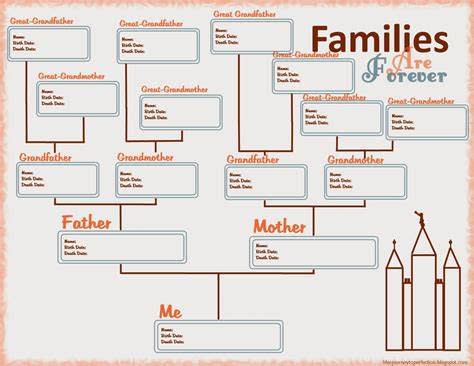
While that may sound amazing, there are those roadblocks that provide for a constant brick wall to those digging into their family’s history. Often, there are many that fail, or worse, give up. It is truly frustrating. Even worse, there are some truly wonderful shows about genealogy such as “Who Do You Think You Are?” and “Finding Your Roots” with Henry Louis Gates Jr.
Those shows illustrate how important knowing about your family roots can be. They provide a sense of place, of history, and of family. My criticism is that they make it look too easy. Those shows have teams of genealogists searching online and in archival settings, tomes and documents in search of answers for whatever celebrity they are profiling.
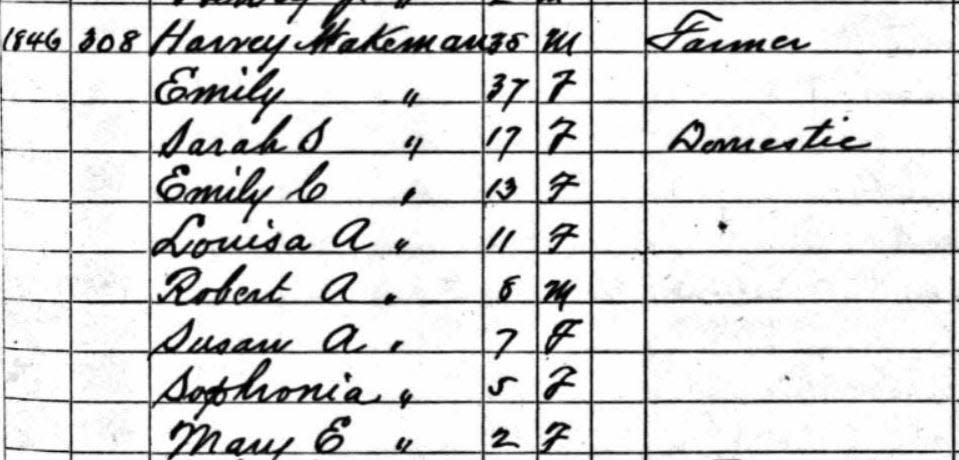
That is not how the everyman and everywoman do the work. Worse yet, and many have found it to be true, there are the lost relatives. I don’t mean they wandered off some night and couldn’t find their way back. No, I mean there are those for whom you find a record which mentions the person, and then the trail ends at that point. Or, you cannot find any record whatsoever, but you know one must exist.
Let me give you an example of one of my brick walls for over 40 years of looking. My great-great-great-great-great-great grandfather was Amasa Pierce. I know from the family Bible that he was born in 1796 in Vermont. I know that they moved into New York by 1820.
Spanning Time: How Broome, Tioga counties emerged from New York's first county maps
Great, now who were his parents? He appears to have been fully born without parents, much like Athena from Zeus’ forehead.
In this instance, I get as frustrated as many who have come to me for help. We know he had parents; we know where he was born and when he moved into the Hoosick, New York area.
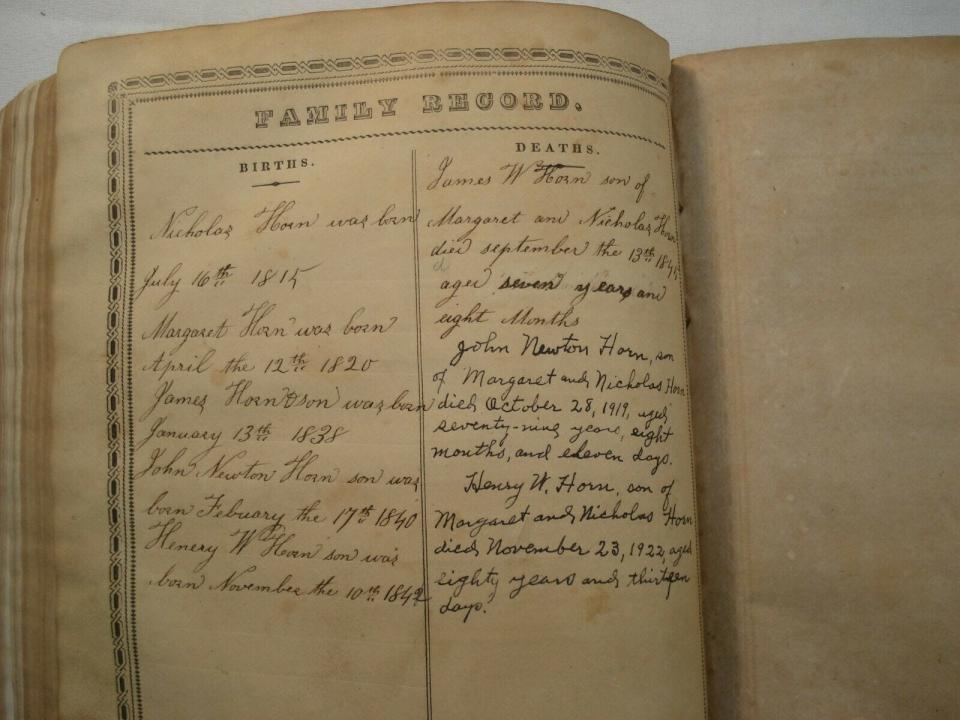
Amazingly, in this instance, he also does not appear in either the 1850 or 1860 census, only the 1855 and 1865 census. The other problem is that there is another Amasa Pierce in Oswego County who is not related, but confuses this issue.
As I sit here, hitting my head into the wall, I am not alone. No, there are millions in the same place. Trying to understand how bad records, poor spelling, and undecipherable immigration records can be frustrating.
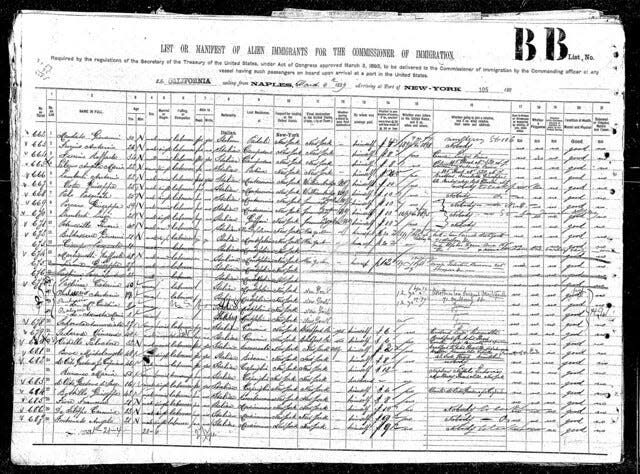
Also frustrating are those people who seem to have moved and then disappeared from the face of the earth. We know they were not sucked up into an alien mother ship and taken away. No, something happened and they were gone.
In one research case, a supposedly killed Union soldier during the Civil War really didn’t die, he merely went AWOL and went west and started a second family — shades of bigamy. It became more apparent when the first wife tried to apply for his pension.
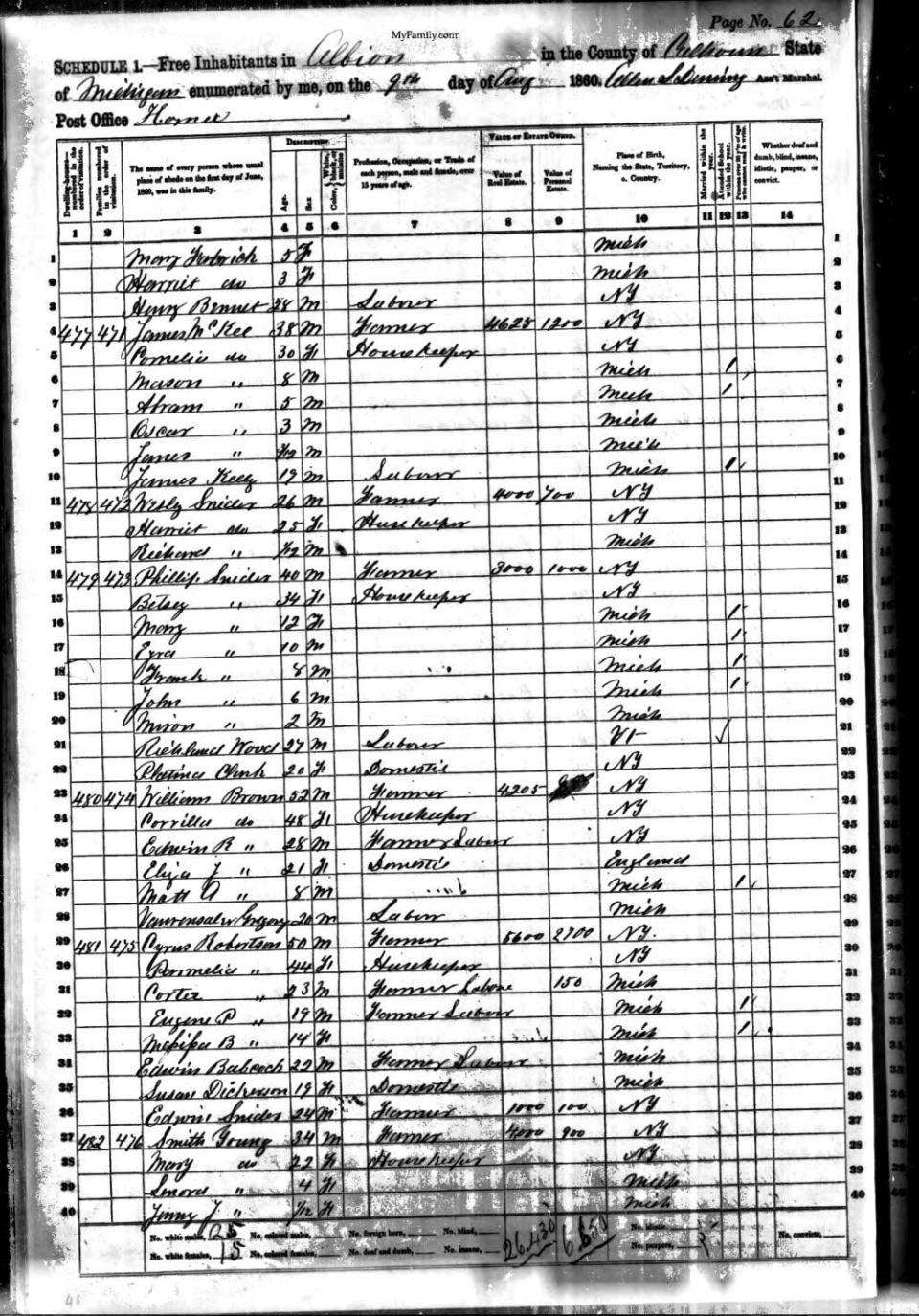
The mists of history have often enveloped many people through the years. Times of war are often very gray and obscuring when it comes to record keeping. Supposedly clear military records are anything but clear as they list people from one spot several different ways, or not at all.
The point of all this is for those searching, keep searching. Try going sideways through brothers and sisters.
For those just starting out, remember that television shows make it look easy when it is not.
The moral is that finding those people can make it all worth doing.
This article originally appeared on Binghamton Press & Sun-Bulletin: Your genealogy research hit a wall. Why you should keep looking

